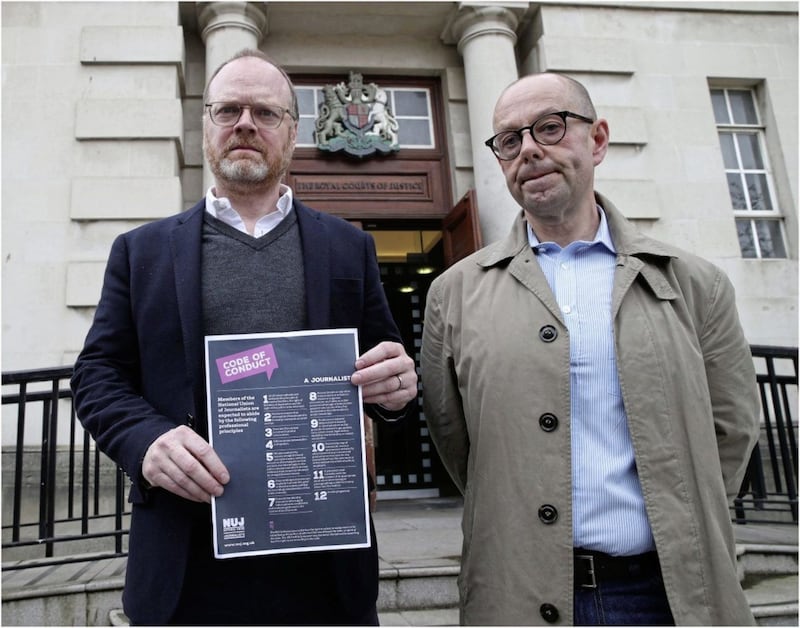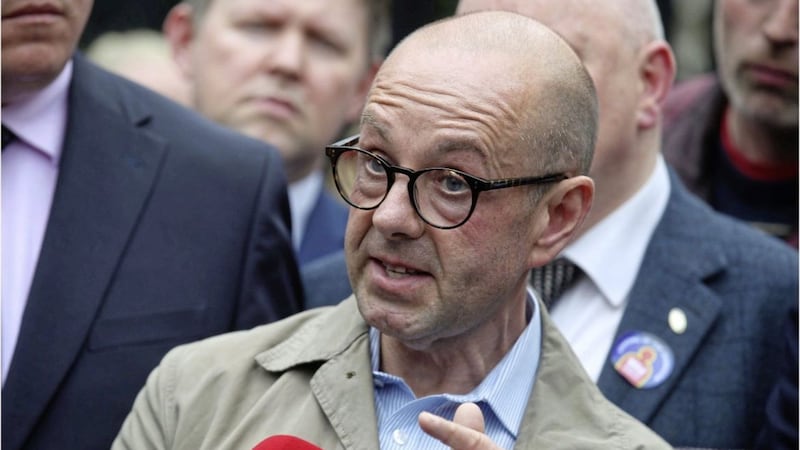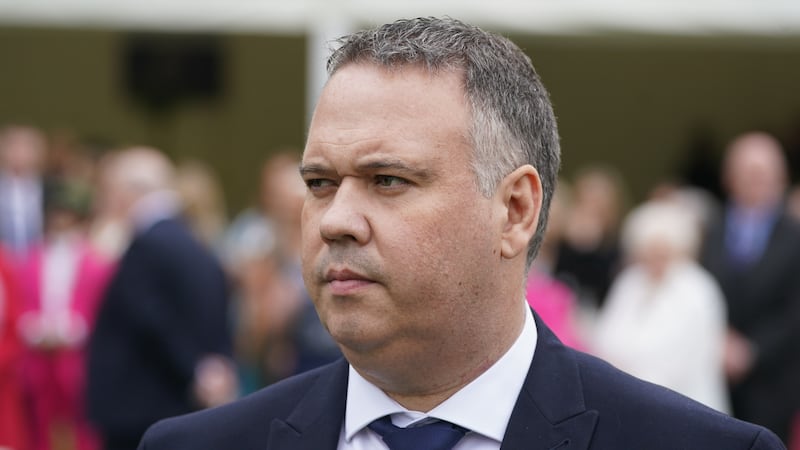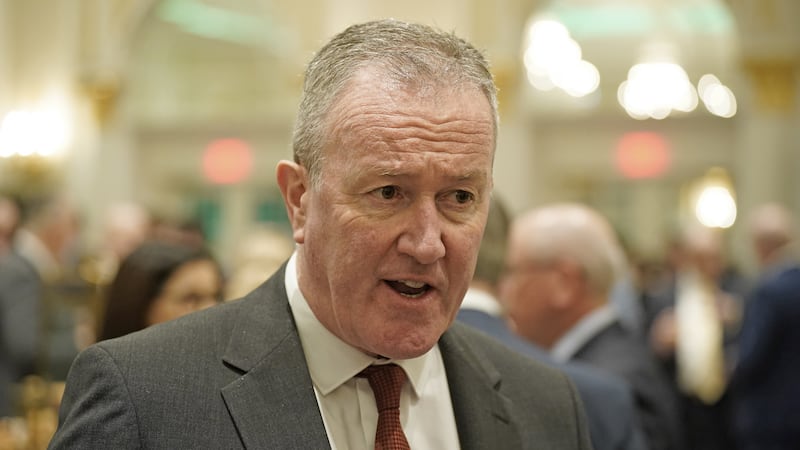TWO simple words, press and freedom, have given me 273 sleepless nights.
Those two words, or more particularly that simple phrase, have sounded as a recurring echo in my journalistic life for the past 20 years.
Like many others I’ve thrown the ‘press freedom’ phrase around like a verbal frisbee, never actually stopping to think what it really meant.
But a PSNI officer’s knock on my door at 7am on August 31 2018 woke me out of my ignorant complacency and landed me in a police cell.
For the last 10 months Trevor Birney and myself have thought about little else.
Let’s be honest, press freedom means nothing to the person standing beside you at the bus stop in the rain on a Monday morning. Why should it? Who needs the press any more? We have Twitter and Facebook to tell us what’s going on in the world, don't we?

Social media has an important role in all our lives. But did social media tell us about Kincora? Grenfell? Stakeknife? The Omagh bomb?
Read More: appeal to PSNI chief constable from Loughinisland journalist Barry McCaffrey
273 sleepless nights is what is has taken me to realize the importance of public interest journalism.
It’s not about journalists protecting themselves or being above the law. It’s responsible journalism holding authority to account.
Regardless of whether we’re challenging paramilitaries, police, politicians, civil servants or the clergy, journalists are trusted by society to ask those awkward questions. We have a duty to inform people what is being done in their name. If journalists don't ask those questions, who will?
That is what Trevor Birney and Alex Gibney did in No Stone Unturned. They lifted a rock that had held a sordid and dirty secret for 25 years and allowed society to see that elements of the state protected the killers of six innocent men in Loughinisland on June 18 1994.
Read More: Loughinisland journalists right to protect sources, judge rules
It’s a scary thing when you realize the forces of law and order are determined to send you to prison for exposing their wrongdoing.
It’s even scarier when you realize that the future of public interest journalism is at stake.
What Lord Chief Justice Sir Declan Morgan made clear in the court’s judgment last Friday was that journalism is not a crime. Reporters have a right, a moral obligation, to expose wrongdoing and to protect sources.
Northern Ireland’s most senior judge has told the media, and more importantly the state, that when we expose wrongdoing the courts will stand by us and defend us.
There have been no winners in this case. Our family, friends and colleagues have been put through a harrowing ordeal by individuals who are supposed to be guardians of the law.
Instead of trying to prosecute mass murderers, they pursued two journalists for simply exposing the truth.
Serious questions need to be asked: how and why was this allowed to happen?
Trevor and myself remain on police bail. To date, none of the mobile phones, computers or thousands of documents that were unlawfully seized from our homes and offices have been returned. In September we will have to return to Musgrave Street Serious Crime Suite to face more questioning.
As we waited in the Royal Courts of Justice on Friday, a familiar face came walking towards me. Initially I couldn’t place the face. As he neared, I recognized him as the Durham detective who had questioned me on the day of our arrest.
I offered my hand in friendship and he accepted it. No hard feelings. I don’t know if we will ever see each other again. If we do, I hope it’s in better circumstances.
The media aren’t the enemy of the police or anyone else in society. Just like the police, we have an important job to do.
Thankfully, the courts have made it clear that the role public interest journalism plays in society is legally protected and not a crime.
PSNI chief constable George Hamilton and his Durham counterpart Mike Barton will appear in front of the Policing Board on Thursday. Only then will we learn whether anything has been learned from this disconcerting waste of police time and resources or, instead, they will continue to make the same sorry mistakes of the past.








